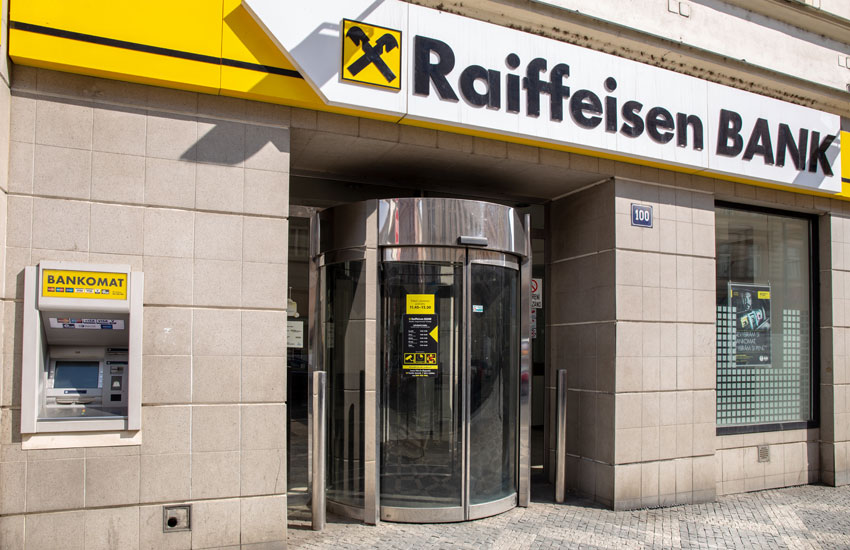In the murky world of international finance, the stakes are high, and the rules are ever-changing. Raiffeisen Bank International, one of the last European banks still entangled in Russia’s economic web, is finding this out the hard way. The U.S. Treasury, flexing its newfound muscles, is pressuring Raiffeisen to sever its ties with Russia or face exclusion from the lucrative U.S. financial system.
Acting Assistant Secretary Anna Morris recently delivered this message in no uncertain terms during a meeting in Vienna with Austrian officials and Raiffeisen representatives. The Treasury’s message was clear: Raiffeisen risks being shut out if it doesn’t distance itself further from Russia’s war economy.
Raiffeisen, to its credit, has taken some steps to reduce its exposure to Russia since Moscow’s invasion of Ukraine. It has halted new business, slashed its loan book, and halted correspondent banking operations. However, it has stopped short of a complete break, citing its long-standing presence and significant profits in Russia.
The bank’s reluctance to sever ties completely is understandable from a financial standpoint. Its Russian arm remains its largest foreign-owned bank, generating a substantial portion of its profits, albeit locked in Russia by capital controls. Raiffeisen’s proposed exit strategy involves swapping its stake in the Russian operation for a sizable stake in Strabag SE, an Austrian construction group. This move, however, is fraught with challenges, as the Strabag stake was previously owned by sanctioned Russian tycoon Oleg Deripaska.
The bank’s predicament is further complicated by its status as an arm of Austria’s cooperative banking network, with deep political ties. Vienna has lobbied hard for Raiffeisen’s interests, but the bank’s future hangs in the balance as it navigates the complexities of international sanctions and financial regulations.
Raiffeisen insists it is doing all it can to disentangle itself from Russia, but time is running out. The Treasury’s warning is clear: comply or face the consequences. The coming weeks will be critical for Raiffeisen as it tries to find a solution that satisfies both its financial interests and the demands of Washington.
(Source: Politico Europe | Bloomberg)









